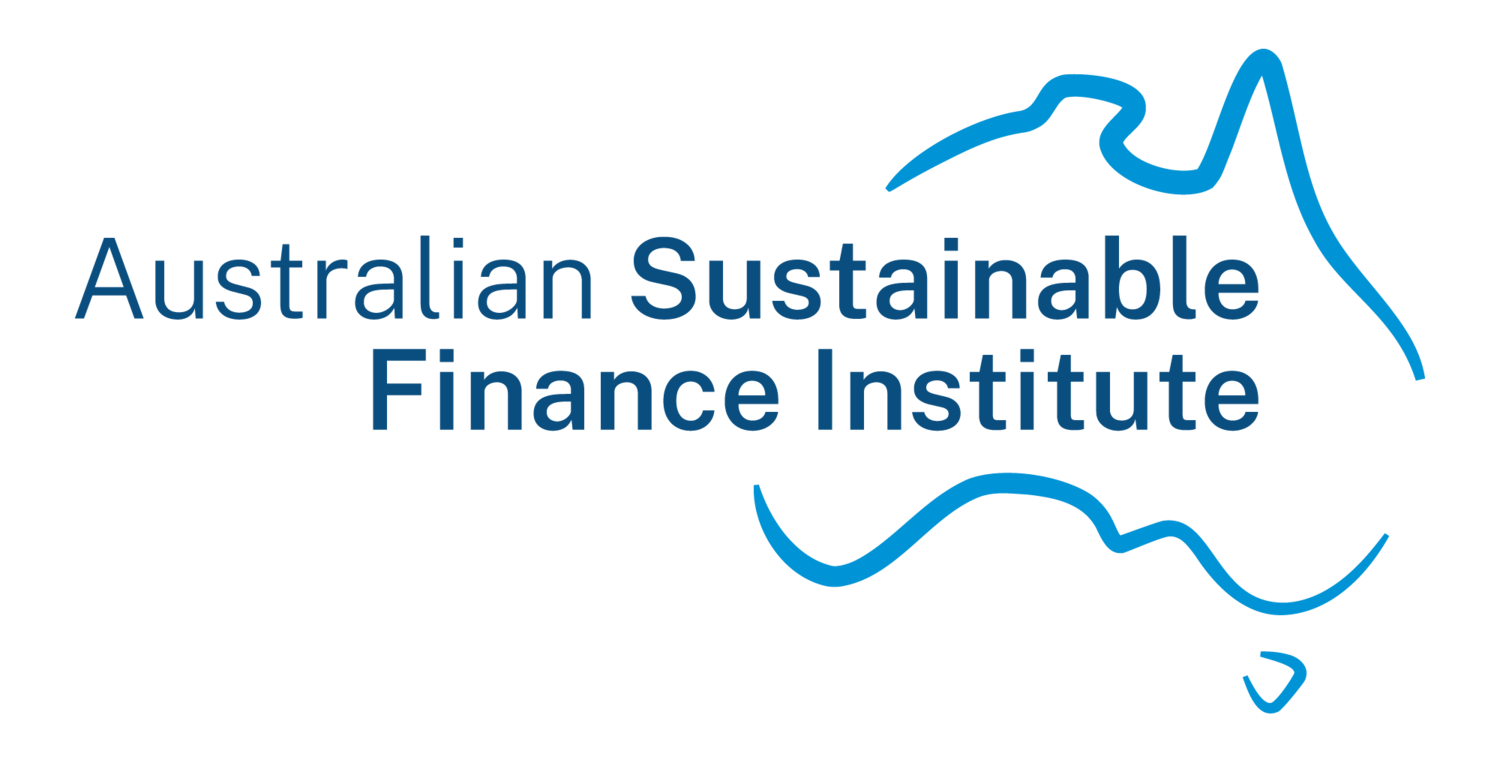The PRI Academic Seminar Series invites leading ESG experts to present their research to academic scholars and investors.
The aim of the series is to:
enable investors to learn from cutting edge research and engage with authors directly
give world thought leaders in responsible investing the opportunity to present their work and obtain valuable feedback
provide an opportunity to junior scholars to network with the speaker and obtain career advice
be more inclusive and strengthen our global PRI Academic Network community throughout the year
Xiaoyun Yu Professor of Finance, Shanghai Advanced Institute of Finance, Shanghai Jiao Tong University
Paper: Levelling up your green mojo: The benefits of beneficent investment
Abstract: Using a manually collected dataset on project investment and exploiting the staggered designation of the major cities for the environmental protection (MCEP) scheme in China, we show that firms increase their environmental investments after their city experiences heightened pollution prevention and control by the government. The effect is mostly driven by “beneficent investments” – environmental projects that not only benefit the firm but also directly spill over to society at large. Following the MCEP establishment, media coverage of environmental issues in local cities increases. City officials are more likely to be promoted if they meet pre-set environmental targets or reduce pollution. Firms spending more on green investments pay less taxes, garner more subsidies, and secure more bank loans. State-owned enterprises (SOEs) lead non-SOEs in green investment, whereas the latter exceeds the former eventually. MCEP cities with larger corporate environmental spending reduce pollution, improve local employment, and attract more highquality new firms to a larger extent. Heavily polluting firms contribute less to the city’s tax revenues and speed up their expansion to non-polluting sectors. Firms investing more in environmental projects – especially the beneficent ones – have larger value gains, produce more green patents, and experience greater labor productivity than other firms in the same MCEP city. Our findings highlight the role of regulatory mechanisms in enabling E&S investment to be both value- and welfare-enhancing.
